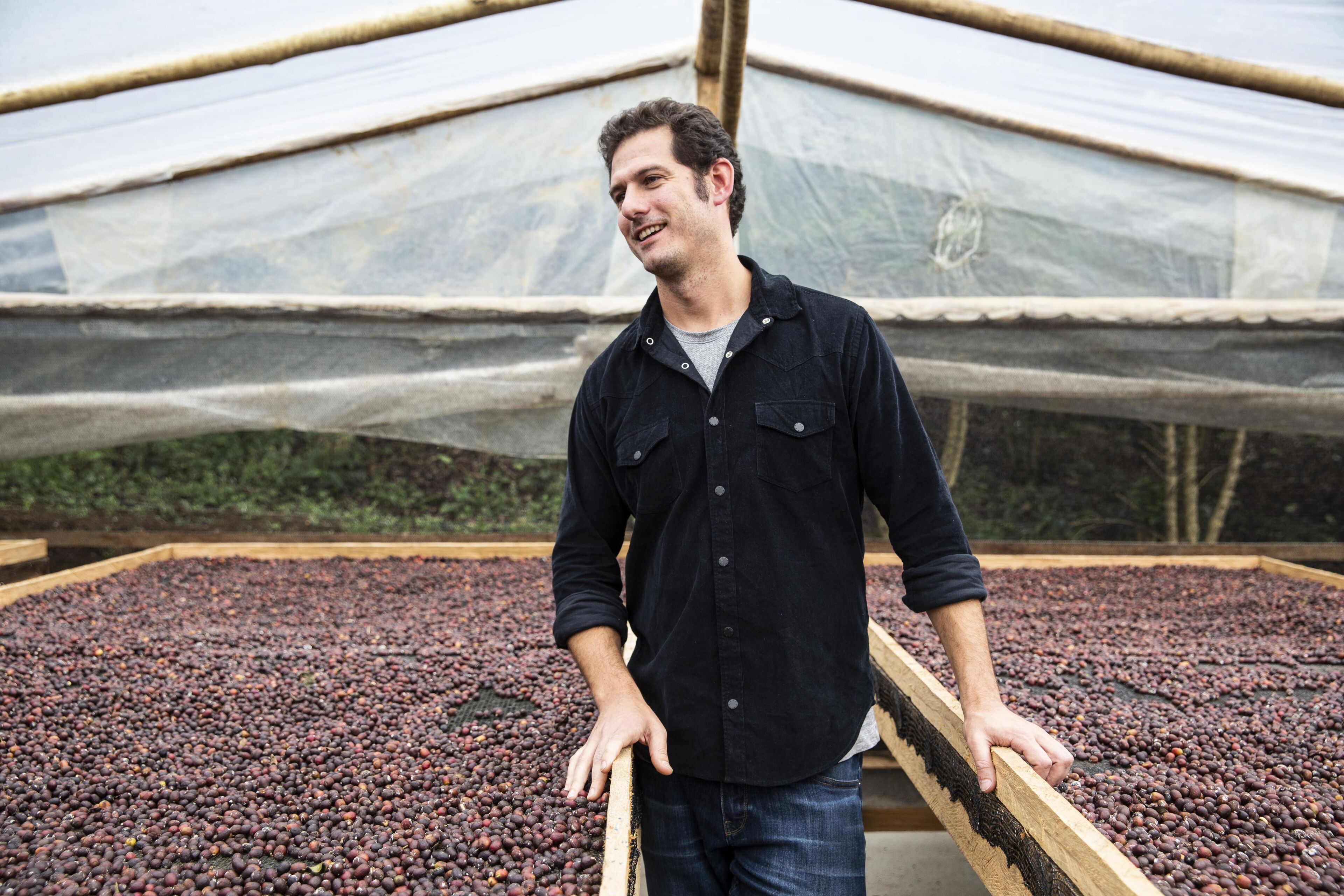The Bob O Link is an endangered migratory bird endemic to Brazil. Every year, it migrates between the USA and Brazil, but is now endangered.
Bob O Link - Mococa
Brazil - Sao Paulo - Mococa - Yellow Bob O link - Natural
Pick your crop :
Aromatic notes:
Spot price
€/kg
The idea behind FAF's Bob O Link project?
Marketing tools & Certifications
POS displays, postcards, QR codes for packaging, ...
- Brazil
Origin
Region
Sao Paulo Terroir
Mococa Species
Arabica Variety
Yellow Bourbon
Process
Natural
Drying
Drying beds
Packaging
60kg - Polypro bags
Altitude
1100 Harvest period
June - September Type of harvest
Manual
The region Sao Paulo
In the Sao Paulo region, the Mococa terroir was the breeding ground for the Bob-o-Link project, since it was here, at the heart of their farm, that Marcos Croce and Silvia Barretto got the ambitious Bob-O-Link project off the ground.
On returning from the United States to take over the reins of the family farm, run initially as an intensive monoculture, the couple made the courageous choice to start from scratch, symbolically renaming the farm "Fazenda Ambiental Fortaleza". With the aim of obtaining much more than just a specialty coffee, Sylvia and Marcos put all their energy into learning about coffee farming and into bringing their neighbours together around their project to obtain a "global quality" for all. They wanted to produce an economically, ecologically and socially sustainable coffee. A very difficult challenge indeed in a great coffee-producing country like Brazil, but one they are currently meeting.
Analyzed to the nearest gram
Analysis performed on incoming sample
2024/2025

Project Bobolink - Brazil
A positive impact on production in a country where agriculture and monoculture are the norm
Equipments selection
Unit price
€ ex.tax/U
From xx products
€ ex.tax/U
Unit price
€ ex.tax/U
From xx products
€ ex.tax/U
Unit price
€ ex.tax/U
From xx products
€ ex.tax/U
Unit price
€ ex.tax/U
From xx products
€ ex.tax/U
Unit price
€ ex.tax/U
From xx products
€ ex.tax/U
Unit price
€ ex.tax/U
From xx products
€ ex.tax/U
Unit price
€ ex.tax/U
From xx products
€ ex.tax/U
